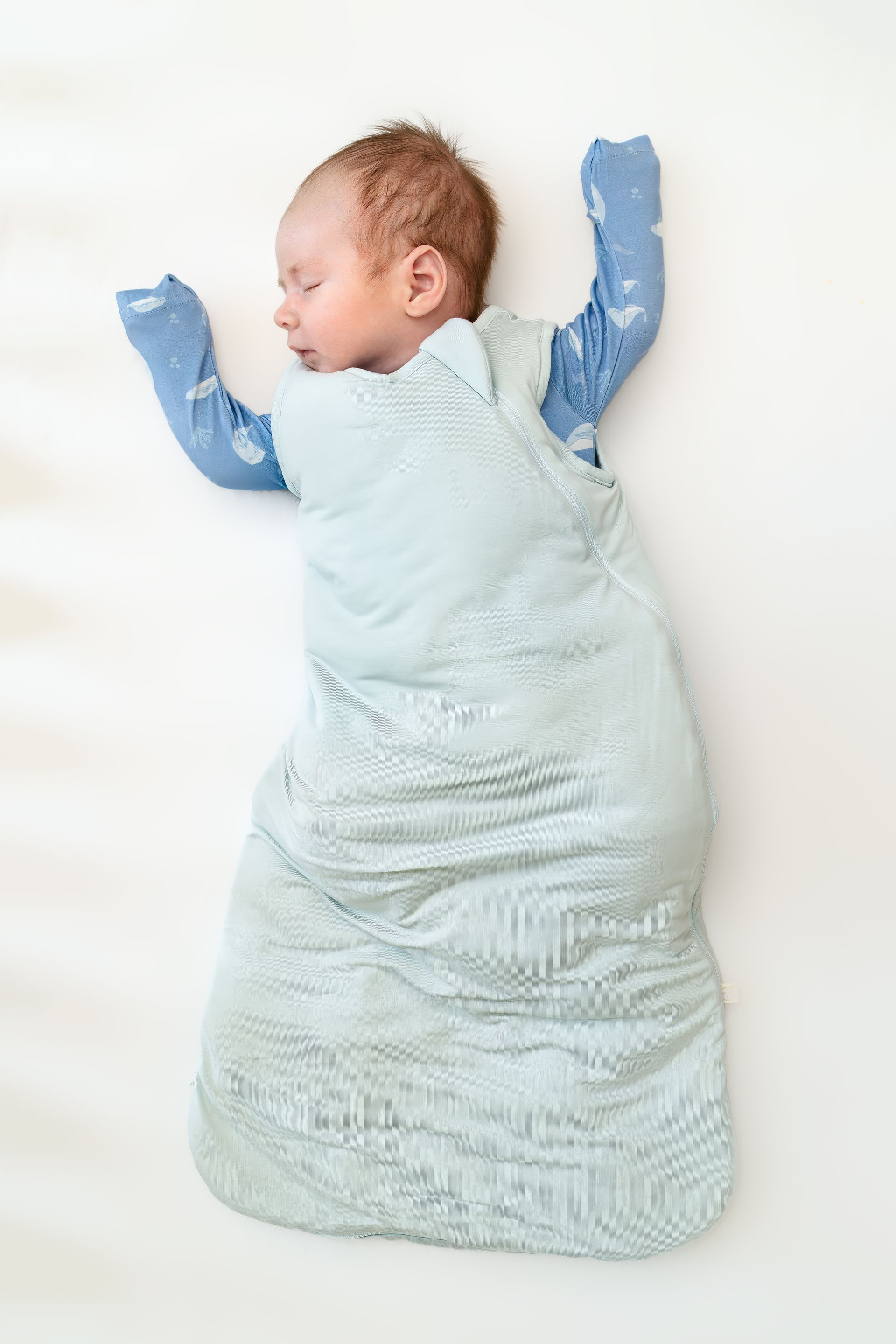Climbing out of the Crib
Hacks to end your child’s attempt to climb out of their cribs
Written by Lamis Benjelloun
Imagine this: you put your little one in their crib just like you do every night but the next thing you know, they are standing next to you in the living room. How on earth did they get out of that crib? Is he or she a gymnast in bed? Can you see that they might have a future in mountain or rock climbing?
Has this ever happened to you?
The first time my son climbed out of his crib, I felt many things. I was confused: how did he do that? I was a tiny bit proud: he can climb? And then I got worried: crib climbing can be dangerous. He could have fallen on his way down. He could have gotten stuck. He could have tripped over something in the hallway. Cribs are a safe space for your baby to sleep so we don’t want them climbing over the rails and attempting a gymnastic feat!
Crib climbing also leads parents to pre-maturely move their toddlers into beds. Worried about the safety of their little ones, parents will often decide to move their babes into big boy or big girl beds to avoid climbing accidents. Unfortunately, children under the age of three lack the maturity and impulse control to stay in their bed so once the rails are gone, there is nothing really to keep them in bed. That early transition invites a host of other sleep issues such as early wakings, night wakings and visits, resistance to bedtime, etc.
If your child is climbing their crib, it is best to catch it early for your best chance to dissuade them. Below are some hacks to help:
Catch them red-handed
If you know that your child is likely to climb their crib, watch them on the monitor or at the door to their room and at the first sign of climbing, use a firm no to let them know that this is not safe.
Remove things they can use as props
Make climbing harder for your toddler by making sure that the mattress is at the lowest setting as per the manufacturer’s instructions. Also remove bumbers or pillows that baby can prop themselves on to make the climbing easier, as well as any stools they may be landing on.
Do not, under any circumstance, lower the crib mattress all the way to the floor. This will create an unsafe environment for baby.
Flip that bed around
If the crib has one higher side than the other, flip the bed around so that the lower side is against the wall and the higher side is in the middle of the room. The higher side will be more difficult to climb.
Sleep sack for the win
A baby in a sleep sack will have a harder time to climb. If your child can remove their sleep sack on their own, put it on backwards or inside out to make their job a little more difficult.
Did your child attempt to climb out of their crib? If so, have you used any of the tricks above? Did it work?





